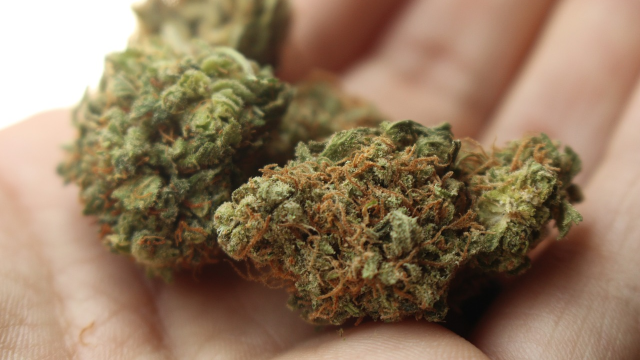The use of clinical cannabis in current occasions is dubious, and lately the American Clinical Affiliation, the MMA, the American Culture of Enslavement Medication, and other clinical associations have given articulations contradicting its utilization for therapeutic purposes. By and large, research says clinical pot is protected and compelling in controlling persistent torment, lightening queasiness and retching related with chemotherapy, treating squandering condition related with Helps, and controlling muscle fits because of numerous sclerosis and epilepsy. A few examinations have recommended that cannabinoids may prevent numerous sorts of diseases from developing and spreading, including pancreatic, lung, leukemic, melanoma, oral, lymphoma and different sorts of malignant growth. A critical extent of oncologists supports clinical cannabis as a possibility for their patients.

There are a few types of Cannabis. They are:
- Cannabis sativa: A strain found in Mexico and Focal South America. The sativa plant is tall with restricted, serrated leaves. It has THC – the psychoactive-initiating part of the plant – and the impacts are fundamentally on the brain and feelings.
- Cannabis Indica: A strain found in Asia and India and filled in the US. The plant is short and stocky. Indica’s belongings are principally physical and some passionate, including unwinding, sedation and torment decrease.
- Cannabis Ruderalis: This strain is likewise called hemp and has no THC.
- Cannabis Half and half Strains: The outcome in cross fertilization of different strains. The impacts headbands weed are regularly more grounded than the first strain.
In contrast to many manhandled drugs, an excess of maryjane is not deadly, as per the Public Disease Foundation. In spite of the fact that cannabis can be habit-forming for a few, the potential for shaping a dependence on maryjane is lower than some physician recommended drugs and other manhandled drugs. In any case, cannabis has secondary effects. The essential psychoactive substance in cannabis is THC, or tetrahydrocannabinol, one of more than 60 cannabinoids (synthetic compounds extraordinary to weed). THC ties to cannabinoid receptors, which are packed in spaces of the mind related with thinking, memory, delight, coordination and time insight. Analysts accept that ordinary cannabis use can have neurotoxin consequences for developing cerebrum structures. A recent report in the Procedures of the Public Institute of Sciences observed that individuals who began smoking before the age of 18, showed a more noteworthy decrease in level of intelligence and intellectual working than individuals who began taking as grown-ups. Significantly more: Substantial youngster clients a normal of at least four times each week-who kept on smoking as grown-ups encountered a 8-point level of intelligence drop which could not be accused on liquor, different medications, or less training.
Recent Comments